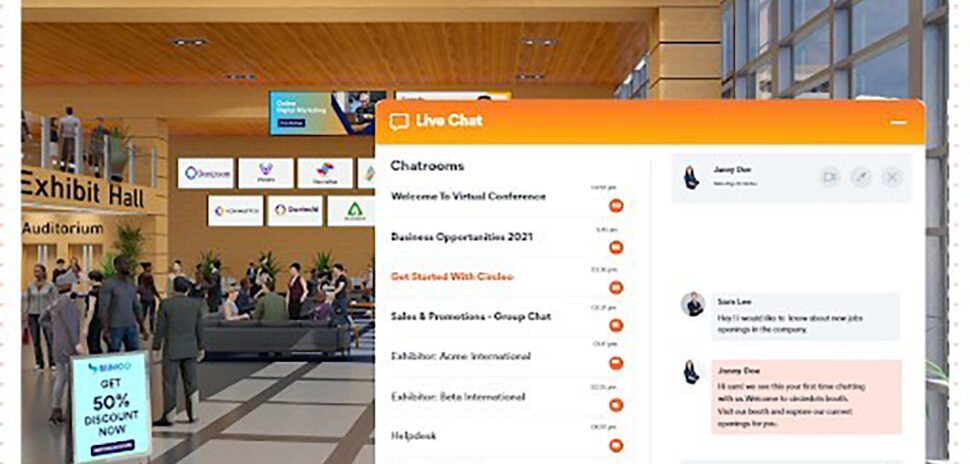![]() Cities are data machines.
Cities are data machines.
Every phone call into dispatch centers generates a digital record.
Same for each water main break, every gallon of sewage treated, and dozens of other events and activities.
What if those terabytes were harnessed to make residents’ lives better?
The city of Fort Worth is quietly doing just that by:
- being one of 20 places/states (including Richardson and Lewisville) incorporating their restaurant inspection data into the Yelp review site, giving public restaurants’ most-recent inspection reports, along with the information Yelp already provides (impressions of eateries, hours of operation, etc.);
- encouraging city public safety employees — especially police officers and firefighters — to respond to situations that affect road conditions.The city of Fort Worth posts these as they occur along with road closures and construction projects via the Waze app, which drivers use to navigate traffic snarls en route to their destinations;
- replacing 200 sodium vapor lights with LED smart bulbs in Fort Worth’s struggling Stop Six neighborhood, as part of the city’s $2.5 million effort to bolster the area;
- deploying a network of sensors in drainage channels in the city, which send reports on water levels, and;
- creating objective metrics for measuring the quality of life in each of Fort Worth’s neighborhoods, including education levels, unemployment rates, and the ratio of renter-versus-owner-occupied properties.
USING DATA TO MAKE CITY LIVING EASIER
Cities like Fort Worth are realizing that while they’re cash-lean, they’re data-rich. Leveraged properly, the information can make streets safer, neighborhoods cleaner, and make living in the city easier.
“We generate a lot of data through the course of our work,” said Kevin Gunn, Fort Worth’s chief technology officer and IT solutions director. “Many of these investments, like efficient lighting, were planned. The real decision comes into play when there’s a small marginal cost to capture and analyze data to improve managing these assets.”
Seems there are weekly announcements by cities and countries — from Casablanca to Columbus, Ohio — describing significant spending on a variety of tech, from parking sensors, to gunshot detectors, to traffic signal controllers that tell drivers how long they’ll need to wait at stop lights.
“We’re actually trying to have data-driven decision making processes. And being very open about it.”
Kevin Gunn
Lacking that kind of influx of cash (Columbus received $50 million to incorporate electric and autonomous vehicles into the city’s transportation system, among other measures), Fort Worth is establishing its priorities and spending money on tech where it will make the biggest impact, Gunn said.
“Governments and politicians often make decisions on gut feelings,” Gunn said. “We’re actually trying to have data-driven decision making processes. And being very open about it. In the private sector, [information collected] is private; we’re trying to be open.”
Along those lines, Fort Worth has posted a data page that allows the public to download or view accident data, inspection records of swimming pools, restaurants and day care facilities, and code-enforcement notifications.
IDENTIFYING MORE DATA-SHARING PROJECTS
Fort Worth Economic Development Director Robert Sturns said it’s likely Fort Worth’s sharing of data will result in more collaborations.
Sturns said the city is taking inventory of the data it has amassed, and is identifying which projects it will pursue in its next budget year.
“We were doing a lot of brainstorming to figure out a smart city strategy to come up with three or four projects,” Sturns said.
Fort Worth also has developed and signed an agreement with the University of Texas at Arlington to sponsor smart city workshops, develop grants, and to employ tech that will measure and/or improve city operations through data collection and analysis.
Sturns said the city is working to further connect with entrepreneurs, businesses, and software developers to help advance Fort Worth as a smart city.
“There will be some opportunities to engage other stakeholders, including the entrepreneurship community,” Sturns said.
With Facebook’s new data center in Fort Worth, the city also is in talks to see how it can partner with the social media giant.
“We’ve had several meetings with them to look at how we can engage them to grow the technology footprint in Fort Worth,” Sturns said.
UTA Vice President of Research Duane Dimos said Fort Worth is carefully approaching the task of integrating smart city approaches and technology into its operations.
“It’s really easy to collect info. The trick is deciding what you want to analyze, and the decisions you make.”
Duane Dimos
“All kinds of (tech and data initiatives) can enhance life in a city,” said Dimos, who is working with Fort Worth, Arlington, and Dallas in incorporating smart city elements into their operations. “One of the hardest things is figuring out what you’re good at, and what your needs are. And identifying products (and strategies) that might help enhance what you have, and figuring out the things that are most important to your city.”
Dimos said Fort Worth is following the right the strategy for establishing itself as a smart city.
“You can only do so much at a time, and every city is trying to figure out where to best put their resources,” he said. “There’s so much information you can bring in. It’s really easy to collect info. The trick is deciding what you want to analyze, and the decisions you make.”
Dallas Innovates, every day
One quick signup, and you’ll be on the list.
View previous emails.





































































